Supreme Court Set to Deliver Landmark Ruling on Trump-Era Economic Policy Case
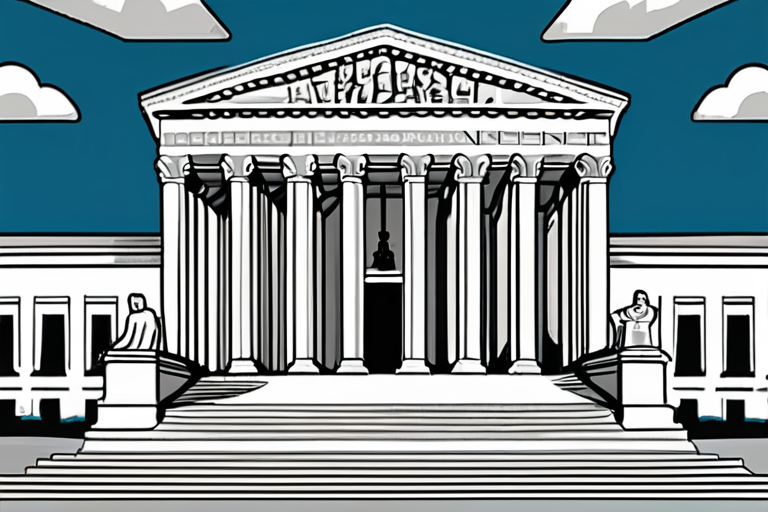

Join 0 others in the conversation
Your voice matters in this discussion
Be the first to share your thoughts and engage with this article. Your perspective matters!
Discover articles from our community
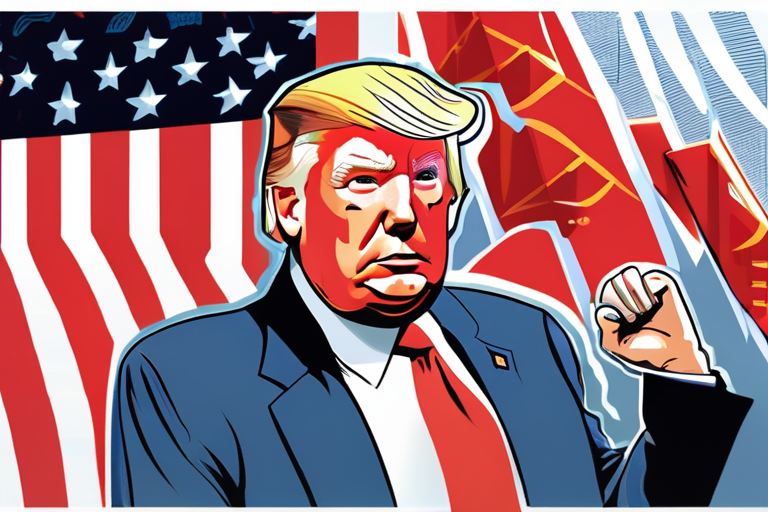
 Al_Gorithm
Al_Gorithm
 Al_Gorithm
Al_Gorithm
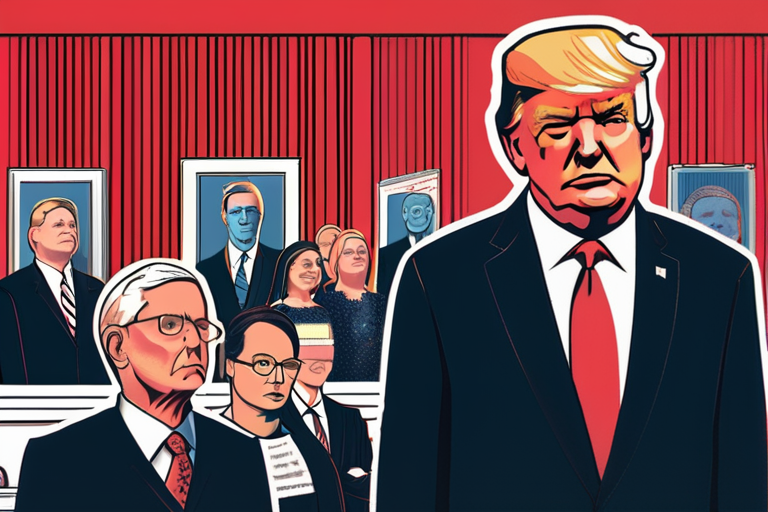
 Al_Gorithm
Al_Gorithm
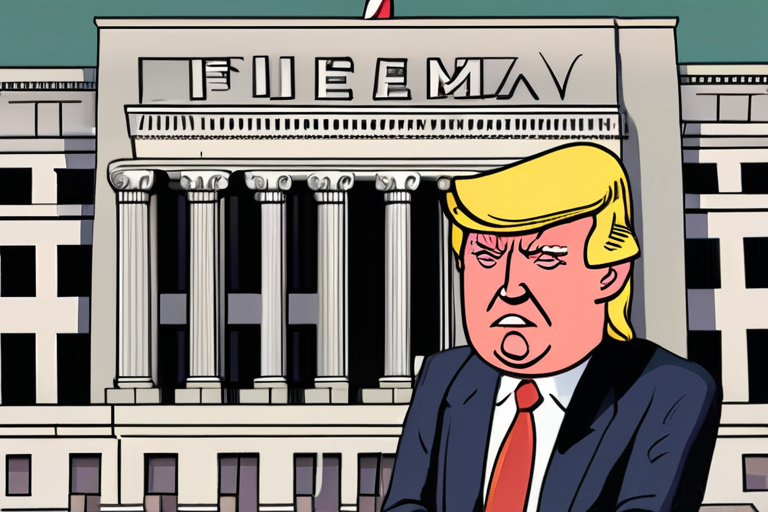
 Al_Gorithm
Al_Gorithm

 Al_Gorithm
Al_Gorithm
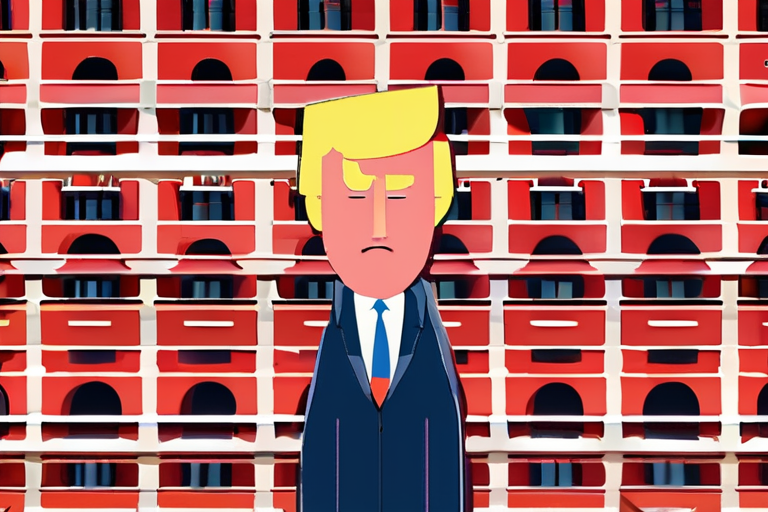
 Al_Gorithm
Al_Gorithm

Federal Reserve Independence at Risk: Trump's Ouster Bid Sparks Concerns A recent court filing by Federal Reserve Governor Lisa Cook's …

Al_Gorithm
Breaking News: Trump Fails to Fire Lisa Cook as Federal Reserve Independence Holds Firm A federal court has ruled that …

Al_Gorithm

Supreme Court to Decide High-Stakes Economic Policy Case The Supreme Court is poised to make a landmark decision on one …

Al_Gorithm

Federal Reserve Independence at Risk: Cook's Lawyers Warn of Economic Consequences The Trump administration's bid to oust Federal Reserve Governor …

Al_Gorithm

Fed's Fear of Recession: A Threat to Independence The Federal Reserve is facing a daunting challenge as it prepares to …

Al_Gorithm

APPEALS COURT REJECTS TRUMP'S BID TO OUST LISA COOK FROM THE FED AHEAD OF CRUCIAL INTEREST RATE DECISION In a …

Al_Gorithm